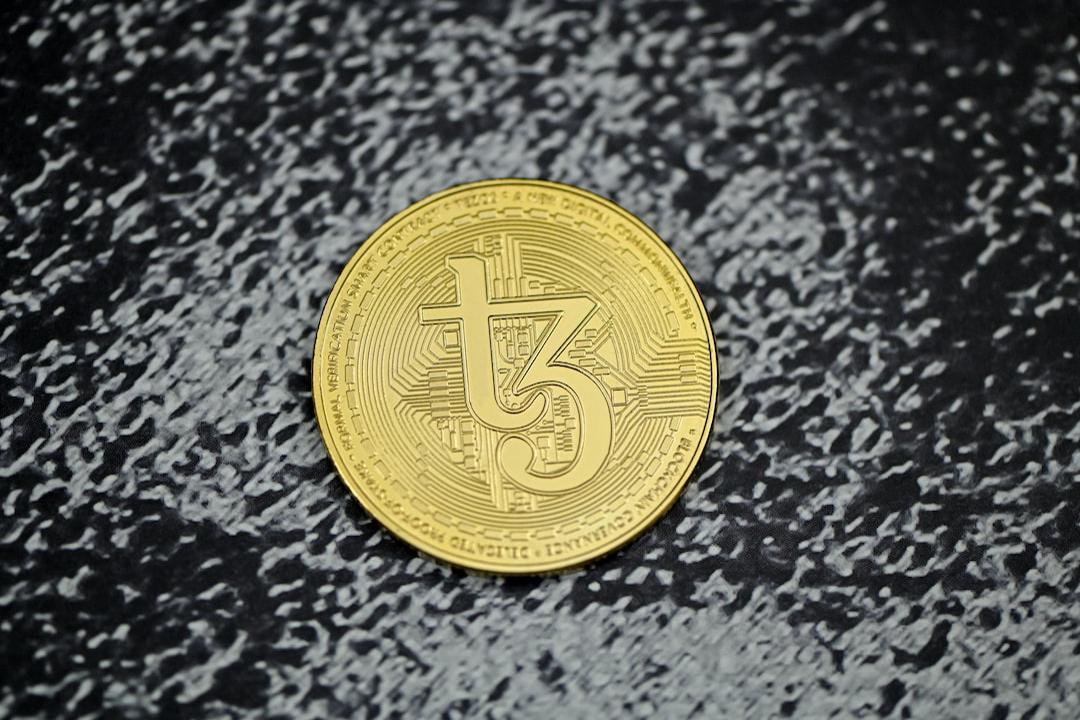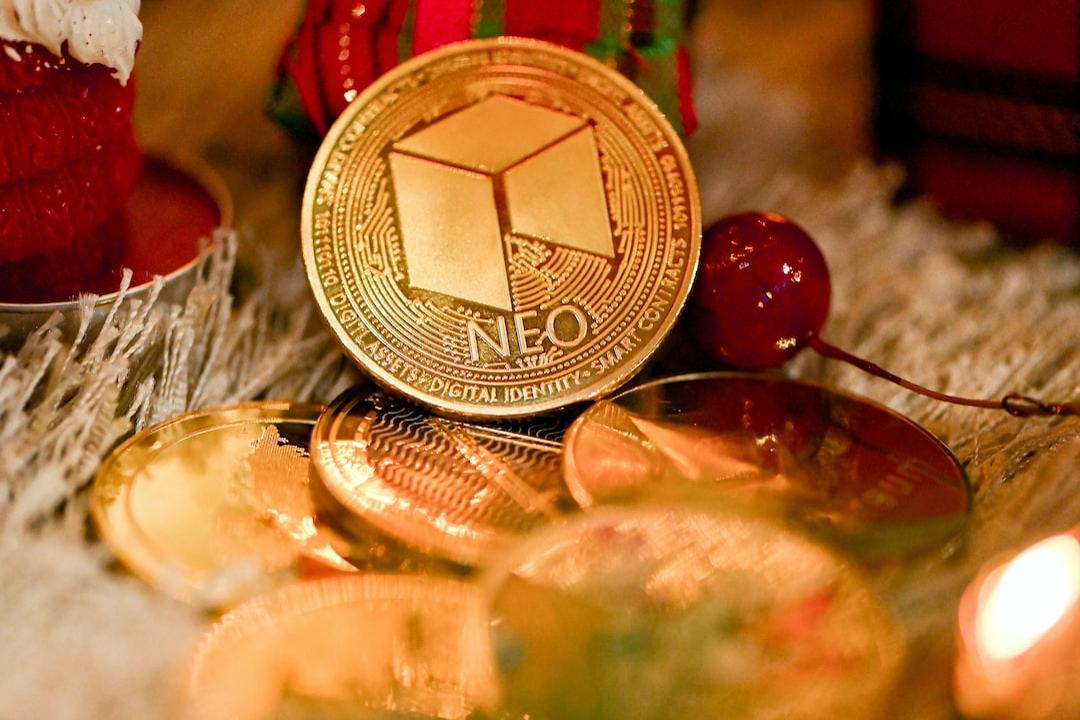Authenticity of Food Review Platforms Challenged
Checking online reviews and ratings before choosing a restaurant has become standard operating procedure for most people. However, many food review platforms lack a verification mechanism, and with more and more establishments inviting customers to “wash reviews,” ratings may not necessarily reflect actual dining experiences. These seemingly genuine yet fake reviews are unable to assist users in making the best choices.
In response, Taiwan-based Fooday has decided to create the “most authentic” food review platform and community. They combine blockchain technology and AI to improve users’ restaurant discovery experience and encourage more users to participate and write reviews through a token economy model.
How does Fooday break the authenticity dilemma of reviews?
Fooday founder Kuan Tzu-han shared that Fooday uses a token model built on blockchain technology, which turns reviews into a behavior with valuable feedback.
Simply put, users can earn a certain amount of Fudos experience points by writing reviews or completing tasks such as creating business locations. The system will automatically settle and convert the earned Fudos into FOOD tokens. Users can use FOOD tokens to upgrade their Fooday built-in camera or withdraw them to the blockchain and convert them into other cryptocurrencies that can be used in the real world.
The conversion rate of Fudos to FOOD tokens is influenced by the user’s level. The higher the level, the better the exchange rate.
The decision to reward customers with “tokens” is mainly related to a game called STEPN, which gained popularity in 2022. STEPN allows users to earn corresponding cryptocurrencies by running. Kuan Tzu-han, an avid runner, stated that this incentive model is very effective. “Although I already had a habit of running, sometimes I would break it due to bad weather or laziness. However, after participating in STEPN, I run every day because its reward mechanism gives me more motivation.”
Kuan Tzu-han realized that a good token model can motivate users to continue participating, which is essential for a food review platform. These platforms require a large number of users to contribute content, and the incentive mechanism makes users more willing to invest time in writing high-quality reviews.
After attracting user participation, how can “authenticity” be ensured?
Kuan Tzu-han explained that Fooday has introduced a GPS location verification mechanism to confirm that users are actually “inside the restaurant.” In addition, when users write reviews, they need to use Fooday’s “Fooca camera” function to take photos, eliminating the possibility of uploading fake pictures.
The Fooca camera itself is an NFT (non-fungible token), and only those who possess Fooca can take photos and write reviews. The amount of token rewards that can be accumulated varies depending on the camera level. Users can also buy and sell cameras in the marketplace, and the platform will charge a fee, similar to the STEPN project.

Expanding Token Applications and the International Market
There are various types of review platforms on the market, including the widely used Google, which has a wide market share. Alternatively, one can find a large number of restaurant reviews on platforms such as Instagram and Xiaohongshu. Kuan Tzu-han admitted that one of Fooday’s biggest challenges is to change user habits and get users to switch from familiar old platforms to the new platform.
However, Kuan Tzu-han believes that the fundamental solution lies in whether the product can truly solve users’ pain points. “We hope to encourage users to share authentic reviews and improve their restaurant search efficiency, allowing them to find suitable restaurants faster and more accurately. This is the key to attracting new users.” Currently, Fooday has about 50,000 monthly active users and continues to grow.
Kuan Tzu-han hopes to sustain this growth and actively expand the application of tokens and the international market. In the future, Fooday’s tokens will not only exist on the blockchain, but Kuan Tzu-han also hopes to interoperate with point systems from other platforms such as the App Store or Google Play, giving users more choices for rewards.
Furthermore, Fooday has already started expanding its business to other countries and regions such as Japan, Hong Kong, and Southeast Asia. Kuan Tzu-han emphasized that blockchain knows no borders, which means the product can easily apply the same token economy model to different markets and allow users from more countries to experience the charm of a real food review community.

